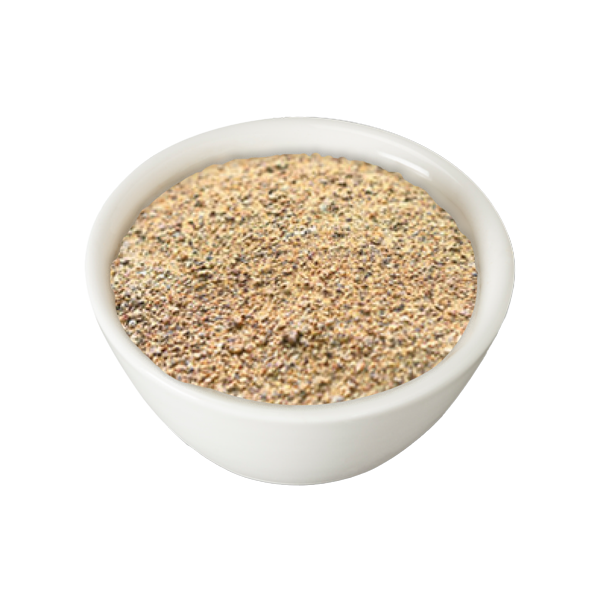Canola is one of Canada�s most important crops. Canola is an offspring of rapeseed (Brassica napus and Brassica campestris/rapa) which was bred through standard plant breeding techniques to have low levels of erucic acid (< 2%) in the oil portion and low levels of glucosinolates (< 30 ?mol/g) in the meal portion.
The canola seed is small and round, 1-2 mm in diameter. It contains approximately 42-43% oil, which is extracted for use as a premium edible vegetable oil. The remaining Canola meal is manufactured from whole, black hulled, non-dehulled canola seed. The oil has been removed by mechanical and chemical means. The resulting meal is hammer milled.
Canola meal is a widely used protein source in animal feeds around the world. It is the second-most widely traded protein ingredients after soybean meal. The major producers of canola meal are Australia, Canada, China, the European Union and India. On protein degradation of canola meal in the rumen and its impact on milk production. Updated values of energy content and inclusion levels of canola meal in the diets of swine and poultry. Additional information on canola meal inclusion in fish diets.
Typical Analysis
| Parameters | Values |
| Crude Protein | 36.00% |
| Dry Matter | 91.50% |
| Ether Extract | 3.50% |
| Crude Fiber | 11.70% |
| Ash | 6.80% |
Origin of Goods
Australia, China, India, Canada

